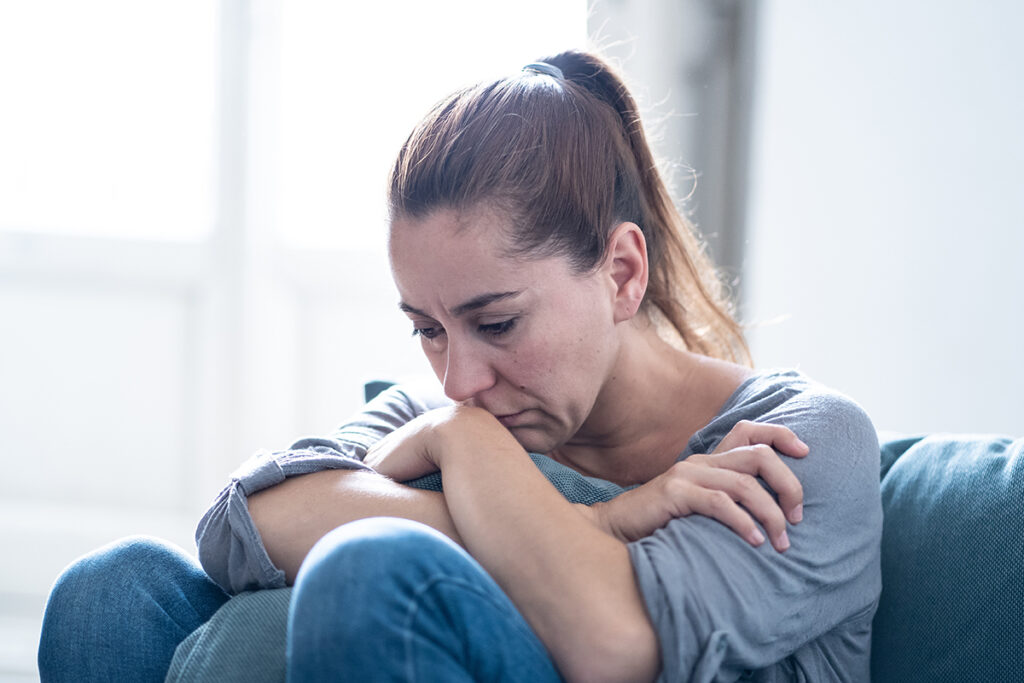Addiction is a complicated disease, and challenges can emerge on the road to recovery. According to statistics from the National Institute of Drug Abuse, up to 60% of people with substance use disorders will return to drinking or drug use after a period of sustained sobriety.
What Is a Relapse?
Though many people think of relapse as an isolated event, it’s a gradual process that happens in three stages – emotional, mental and physical. These stages can begin months before you ever act on your compulsion to drink or use drugs.
When stress, sadness or trauma cause emotional upheaval, there are a few red flags:
- Feelings of isolation
- Poor eating or sleeping habits
- Neglecting self-care
- Repressing your feelings
- Lacking the energy to complete your routine daily tasks
Here are some typical mental relapse triggers to watch for:
- Lying to others to hide your alcohol or drug use
- Craving drugs or alcohol
- Justifying your “need” to drink or use drugs
- Romanticizing the addiction by ignoring all the negative consequences
- Telling yourself you will only drink or use once
Some of the most telling warning signs of relapse are physical. Recognizing these as early as possible is essential to preventing an impending backslide into alcohol or drug use.
- Seeking addictive substances
- Contacting drug dealers
- Skipping support group meetings
- Reuniting with old drinking or drug buddies
Why Do People Relapse?
A relapse can occur for many reasons, but one of the most common is the presence of untreated mental health conditions like anxiety, depression or trauma. A dual diagnosis is when someone simultaneously has a substance use disorder and a chronic mental illness. Though it can be more complicated to treat, it’s possible to get help for both facets at Hope by the Sea. Here, you will find the support system you need to get and stay clean and sober.
If you fall into your old patterns of addictive behavior for several days or weeks, you might find it increasingly challenging to get your recovery back on track. Each day you continue drinking or using, the goal of long-term sobriety will slip further out of reach.
As difficult as it might be to admit, you must seek help as soon as possible after a relapse. Being in a safe, controlled environment that eliminates triggers and provides you with no access to addictive substances will put you back in the driver’s seat.
Relapse Prevention at Hope by the Sea
If you’ve returned to drug or alcohol use after a period of sustained sobriety, it does not mean you’ve failed, or that you won’t be able to learn the skills and habits necessary to manage an addiction over the long term. Instead, it indicates that you haven’t fully addressed the root causes of your disease, and that you need counseling and support to accomplish your goals.
For over 15 years, our family-owned California rehab program has treated chronic relapse with an effective, proven program. We will equip you with relapse prevention techniques and strategies for managing your triggers. To learn more about our specialty tracks and how recovering in Southern California can benefit you, please reach out to us today. All calls are 100% confidential.

